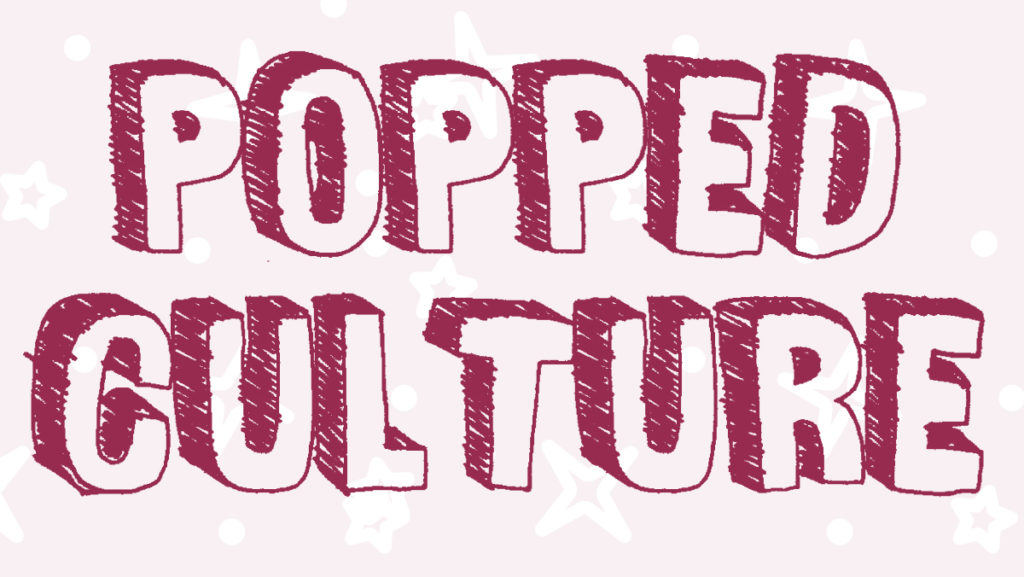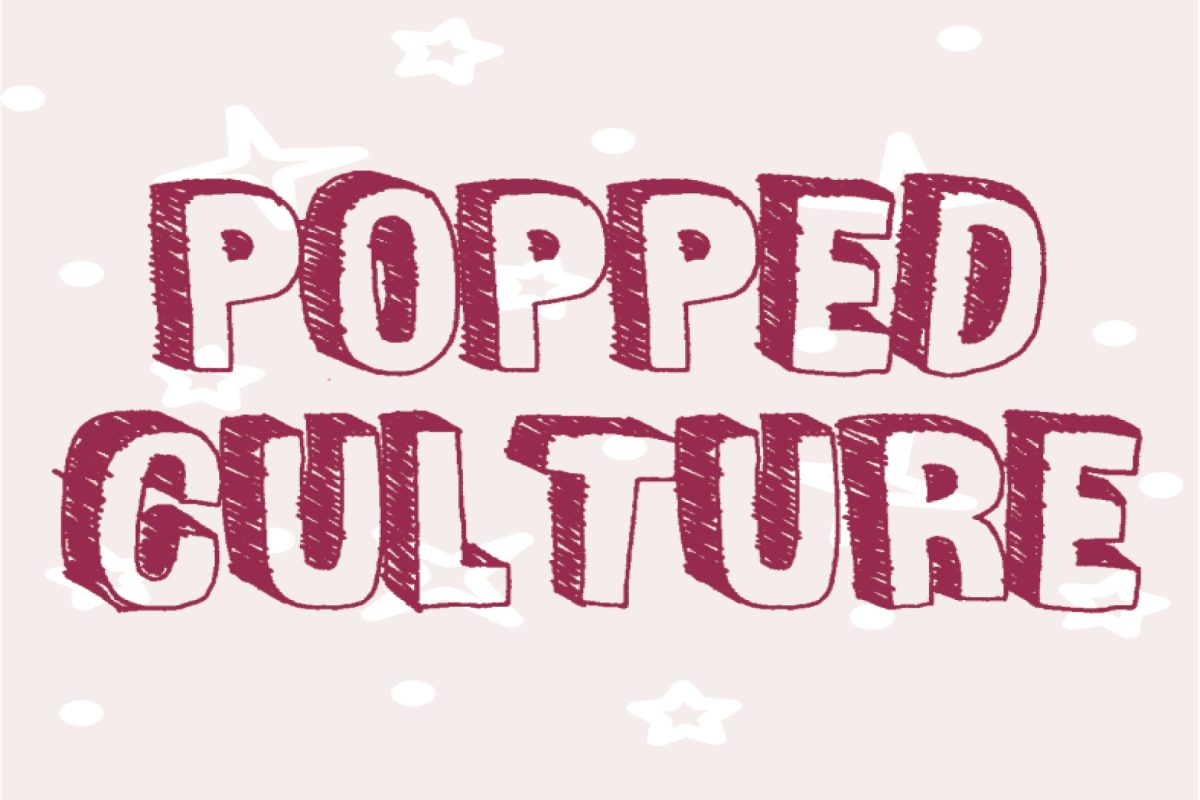America’s holiday season is typically packed with presents, feasts, family — oh and of course — religious traditions. Our society’s “mainstream” festivity of Christmas is deeply rooted in Christianity. Christian Christmas came about when the church decided there needed to be a celebration of the birth of Christ. It is believed that Pope Julius I chose the date Dec. 25 in an effort to adopt and absorb the traditions of the pagan Saturnalia festival. However, the prominence of Christianity in the American landscape is shifting along with its association with Christmas.
In 2020, an annual survey conducted by Gallup found that, for the first time since 1937, only 47% of Americans said they belonged to a church, synagogue or mosque. The increase of secularism in society — while reshaping the holiday season as a whole primarily through the increase in consumerism — is most directly seen in the progression of holiday films.
When Christmas movies first came onto the scene with classical hits like “A Christmas Carol” (1938), “Miracle on 34th Street” (1947) and “It’s a Wonderful Life” (1946), they were deeply rooted in religious symbolism and morals. The entire premise of “It’s a Wonderful Life” demonizes suicide as being against God’s will. God sends an angel down to convince a man that his existence matters, and the film ends with the iconic line, “Everytime a bell rings, an angel gets his wings.” Similarly, “A Christmas Carol” relays the Christian morals of loving thy neighbor, giving to charity and treating others how you would like to be treated. This movie also ends on a memorable, religious high note with the line delivered by Tiny Tim, “God bless us, everyone.”
These classic Christmas films serve as concrete reminders of how relevant and pervasive religion has been in American society. However, as we have grown more secular, so have our movies.
As an individual who was raised and continues to practice what my family calls “capitalist Christmas” — where we celebrate the big man in red, rather than the infant born in a manger — I grew up experiencing the shift in holiday classics. The media I was consuming as a child was a hodgepodge of timeless Christian classics and new secular movies that pushed holiday films into a new territory.
Looking back on holiday films, the gradual increase in secularism is abundant. The holiday films from the ’80s to the early 2000s either focused on one of two things. One, an emphasis on the trials and tribulations of being with family for the holidays with films like “National Lampoon’s Christmas Vacation” (1989) or “Home Alone” (1990) where religion plays a minor role with prayers made and characters attending church. Secondly, films from this period would focus on “believing” either in yourself or the Christmas spirit like in “Jack Frost” (1998) or “The Polar Express” (2004). This component helped push holiday movies in a whole new direction, you could have the magic of Christmas without the miracles of Christ.
The magic of Christmas, the love of family and, of course, the glorification of Santa Claus are just a few of the staples of holiday movies that emerged as the genre has stepped away from religion. Most notably, the secularisation of Christmas has allowed for holiday movies to branch out into interesting possibilities.
Holiday movies are now transitioning into hybrid films where they are skillfully combined with other genres. Horror films “Krampus” (2015) and “Black Christmas” (2019) are invigorating and exciting projects in addition to being holiday movies. More LGBTQ+ films like “Happiest Season” (2020) offer secular holiday lovers an alternative to the Christmas classics with more representation. These new holiday films are fun and fresh takes on the holiday season that offer viewers who want to get into the holiday spirit an alternative to the religious-heavy classics.
Holiday films have become a cash crop from producers. Every franchise from Barbie to Star Wars now has holiday specials for viewers to enjoy. While typically consumerism is a plague on the world of art, when it comes to Christmas films, it serves as a much needed element. Without the capitalist drive to maximize profit there wouldn’t be nearly as much push for fresh takes on holiday movies. New holiday films have also become an expected norm as in this holiday season alone there are 18 new Christmas movies set to debut across theaters, television and streaming services.
What can we expect from our holiday movies as we continue the trend of increased secularism? Those who still feel the need to stress the reason for the season should fear not. As long as Christianity exists, Christian media will exist as well. This increase in the prominence in the separation between Christ and Christmas will continue to lead to fresh takes on holiday films that continue to resonate with audiences.





